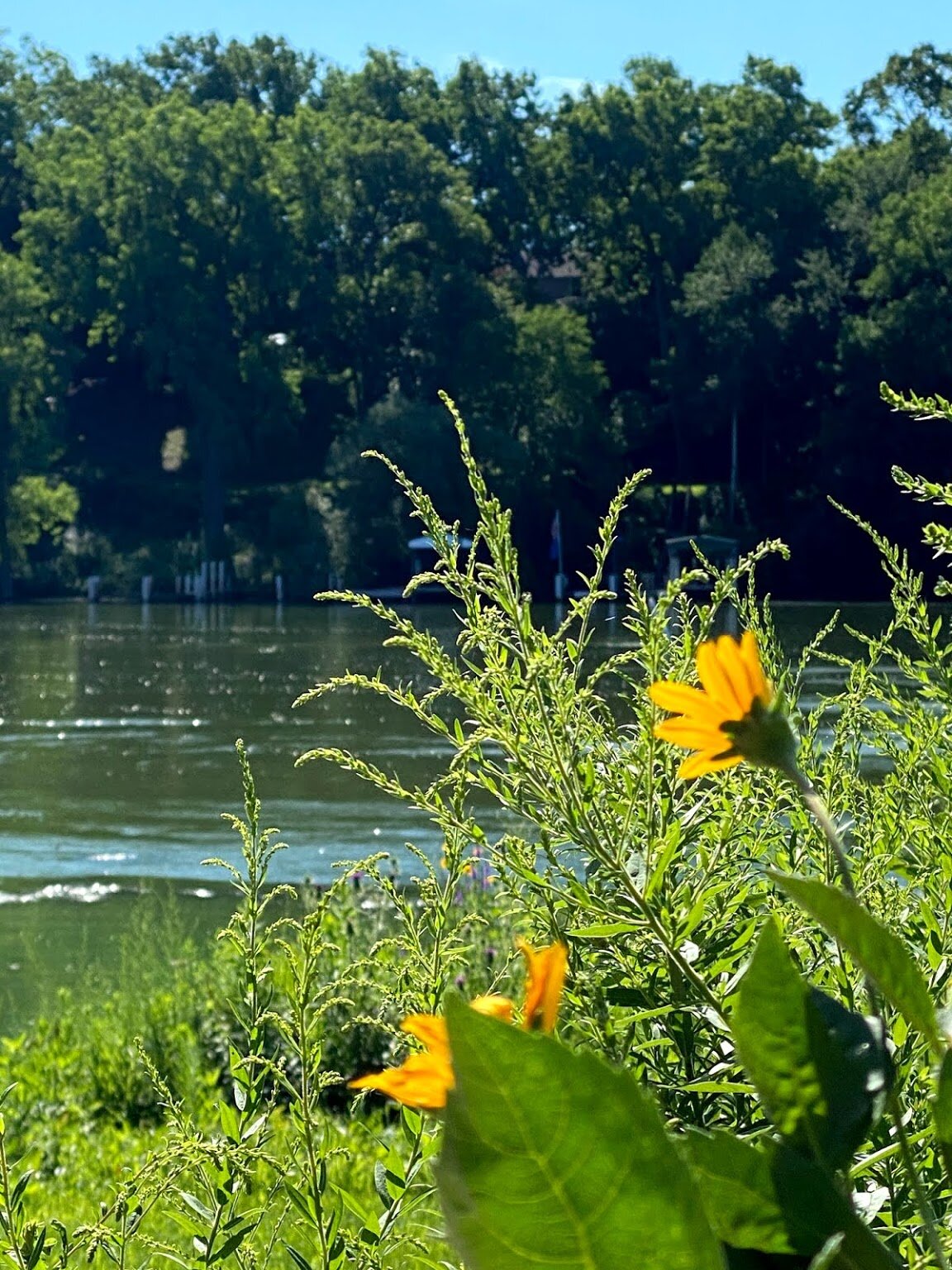Creativity is not productivity (and that's a good thing)
Learn a foreign language!
Remodel the house!
Write a novel!
Get in shape!
When we went into lockdown six months ago (six years?), helpful articles and “listicles” cheerfully reminded us that even when the world turned upside down we needed to be productive, we needed to improve ourselves, and that sitting on the sofa staring numbly at the TV or endlessly scrolling social media for updates on far-flung friends was Just Not OK.
Well.There may be readers who had the ability to embrace these ideas but I wasn’t one of them.I watched in horror as my fellow musicians lost their incomes overnight. I cried with my Mom when her nursing home went into lockdown and my father was (and still is) unable to visit her. I worried with my sister when her husband lost his job. And I spent weeks walking around in a brain fog, followed by weeks mourning all that we’ve lost, followed by weeks being enraged by political drama, followed by sleepless nights worrying about my family members who contracted (and recovered from) Covid…you get the idea. Somewhere in there I created a life for myself. I’m not sure when it happened, but sometime this summer I accepted that this was no longer a pause of my life; this time was my life and I needed to make it as beautiful as I could, every single day. My path to doing this didn’t come from chirpy magazine writers and their obsession with productivity; it came instead from abandoning productivity to embrace true creativity.
For much of my life I’ve seen productivity as proof of my creativity. These things (a piece of music learned, an article or a book written) were signals to myself and to the world that I was truly “creative”. But the pandemic-induced brain fog forced me to reexamine what, exactly, it means to be creative even when I have nothing to show for it. And here’s what I learned: creativity isn’t “wishing and hoping”. It isn’t denying reality or hiding from the truth. Creativity is a radical engagement with all aspects of life (good and bad) while accepting our limitations with grace and dignity. Or, as Harry Abbot Williams once wrote in Tensions: Necessary Conflicts in Life and Love,
“When we have discovered that a necessity is really necessary, that it is unalterable and we can do nothing to avert of change it, then our freedom consists in the acceptance of the inevitability as the medium of our creativity.”
What does non-productive creativity look like? It’s being able to find beauty and wonder in the familiar. It’s putting a new twist on yet another evening meal. It’s hearing a familiar piece of music and suddenly finding something new in the notes. It’s choosing to dignify all aspects of my day and refusing to suspend my life just because it isn’t the way it used to be. It’s embracing my responsibilities to my family, friends, and community. It’s accepting that I’m living this life under these circumstances, regardless of how much I may wish otherwise. When this pandemic ends, I won’t emerge from it knowing a foreign language or having written another novel, but I will walk into whatever waits for me knowing that I’ve done my best to bring beauty and joy to every day of my life. This is the gift of true creativity.
